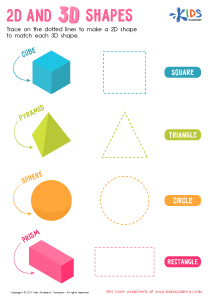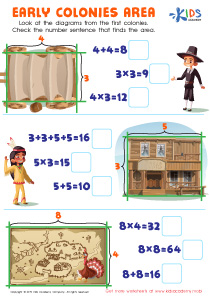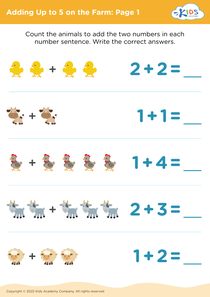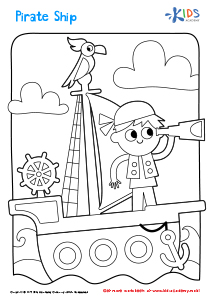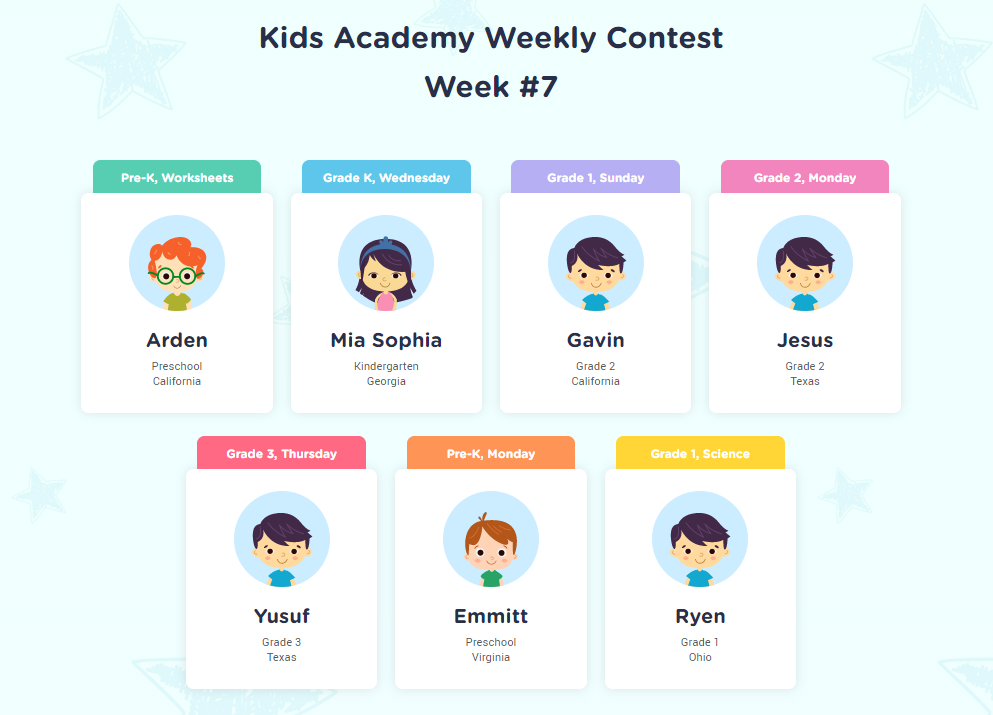Normal Science Quizzes for 6-Year-Olds
13 results
13 filtered results
Clear all filters13 filtered results
-
From - To
Introducing our "Normal Science for 6-Year-Olds" interactive assessment quizzes! Specifically designed for young, inquisitive minds, these quizzes are the perfect blend of fun and education. Tailored to check the knowledge of 6-year-olds, our quizzes cover fascinating science topics that are just right for their age. With instant feedback provided, children can learn and improve their understanding of science in the most engaging way. Dive into the world of Normal Science with your child and watch as they explore, learn, and grow with each question. Start the scientific adventure today and make learning an exciting journey!
Unlocking the World of Science: The Magic of Normal Science Quizzes for 6-Year-Olds
In the vibrant journey of learning, the introduction of Normal Science for 6-Year-Olds stands as a beacon of innovation, captivating the curious minds of young learners. At this tender age, children are naturally inquisitive, eager to explore and understand the world around them. The creation of Normal interactive quizzes on Science is not just an educational tool; it's a gateway into a realm of discovery, designed meticulously to nurture this innate curiosity and transform it into a lifelong passion for knowledge.
The essence of these interactive quizzes lies in their ability to present scientific concepts in a manner that is not only accessible but also immensely engaging for six-year-olds. By integrating fundamental scientific principles with interactive, fun-filled activities, these quizzes offer a unique learning experience. They serve as a foundation that supports children in their studies, ensuring that the complexities of science are simplified and made enjoyable.
One of the primary benefits of Normal Science quizzes for children is the encouragement of active learning. Unlike traditional learning methods, which might not cater to all learning styles, interactive quizzes ensure that every child, regardless of their preferred learning method, is included. Visual learners, auditory learners, and kinesthetic learners alike find value in these quizzes, as they feature a blend of engaging visuals, sounds, and hands-on activities. This inclusivity promotes a more profound understanding and retention of scientific concepts, helping children to grasp ideas more efficiently.
Moreover, these quizzes are designed with the developmental needs of 6-year-olds in mind. They focus on fostering critical thinking and problem-solving skills through scientifically structured questions that challenge children to think and apply what they have learned. This not only aids in their academic growth but also in their overall cognitive development. The quizzes are structured in a way that provides immediate feedback, allowing children to learn from their mistakes and encouraging a growth mindset—a belief that intelligence and abilities can be developed through dedication and hard work.
Normal Science for 6-Year-Olds also understands the importance of fostering a positive attitude towards learning. Through the use of rewards and positive reinforcement, these quizzes make learning a rewarding experience. Children are motivated to explore new concepts, experiment, and engage with the material on a deeper level. This positive association with learning from an early age is crucial, as it lays the groundwork for a lifelong love of education.
The adaptability of these quizzes is another key feature. They can be easily integrated into various learning environments—be it in the classroom, at home, or on the go. This flexibility ensures that children can continue their scientific explorations wherever they are, making learning an ongoing adventure.
In conclusion, Normal interactive quizzes on Science are a powerful tool in the educational arsenal for 6-year-olds. They not only make learning more engaging and effective but also play a significant role in shaping young minds to be inquisitive, knowledgeable, and confident individuals. By embedding the love for science at such an early age, we are paving the way for future generations to embrace and excel in the scientific challenges and opportunities that lie ahead.
